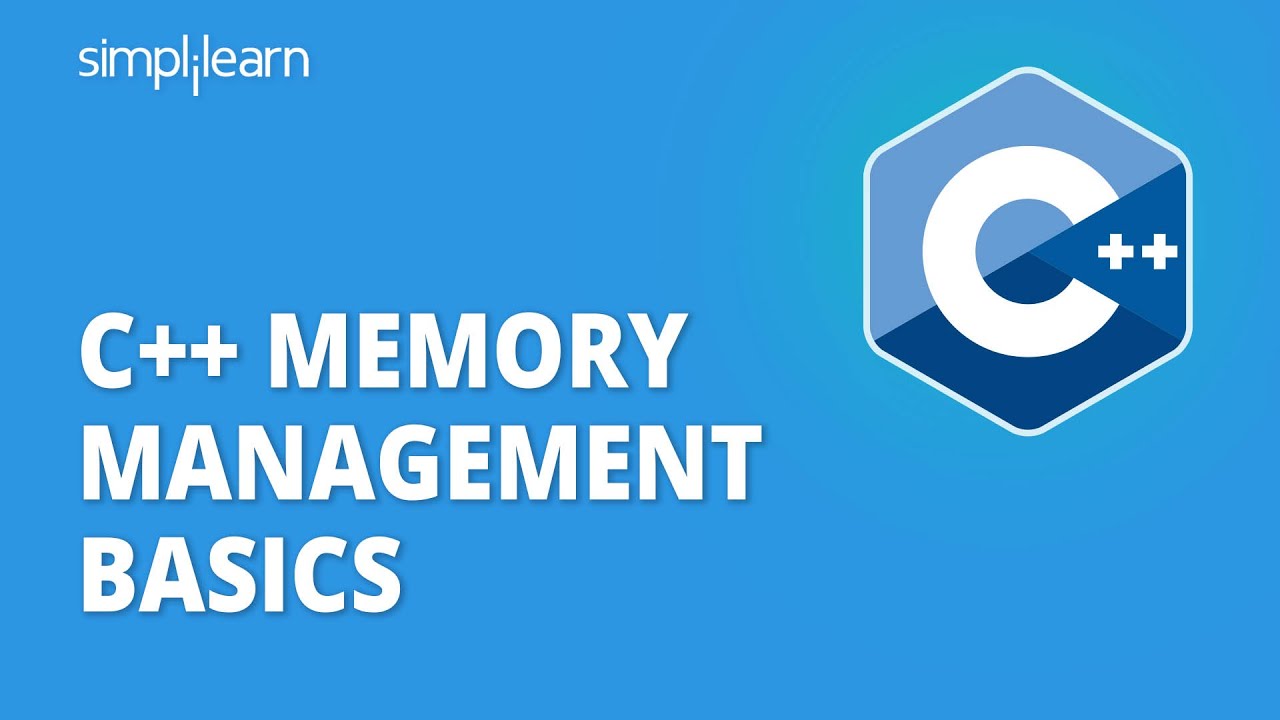
# Making Your C++ Code Shine: Easy Tips for Better Memory and Speed

In the world of C++ coding, making the applications work smoothly isn’t just about writing functional code—it’s about making them outstanding. This blog post is here to guide through simple practices that ensure your C++ code not only works but works exceptionally well when it comes to handling memory and delivering top-notch performance.
1. Embrace Smart Pointers for Hassle-Free Memory
Smart pointers are like magical helpers in C++. Think of them as tools that handle memory without causing issues. Whether it’s unique_ptr, shared_ptr, or weak_ptr, these pointers prevent memory troubles and make your code more reliable.
2. Keep It Simple with RAII
Making things simple is key in C++, and the RAII (Resource Acquisition Is Initialization) principle is all about that. It helps you manage resources smoothly, releasing them when they’re no longer needed. This not only keeps your memory usage optimized but also makes your code more robust.
3. Boost Efficiency with the Standard Template Library (STL)
Efficiency is the name of the game, and the Standard Template Library (STL) is your ally. By choosing the right tools from the STL, like containers and algorithms, you can make your code faster and more efficient.
4. Save Effort with Move Semantics
Copying can be a hassle, but move semantics makes it easier. It’s like a more efficient way of moving things around in your code, boosting how fast it runs—especially when you’re dealing with lots of data.
5. Find What Works with Profile-Driven Optimization
Think of profile-driven optimization as your code’s personal guide. It helps you figure out what your code needs to run better. By using tools that analyze your code’s behavior, you can make targeted improvements based on real-world data
Conclusion: Your Guide to Better C++ Coding
Smart pointers, the RAII principle, the STL, move semantics, and profile-driven optimization are your tools for making your code not just run but shine.

